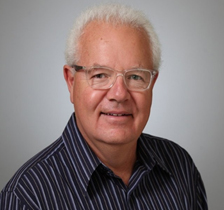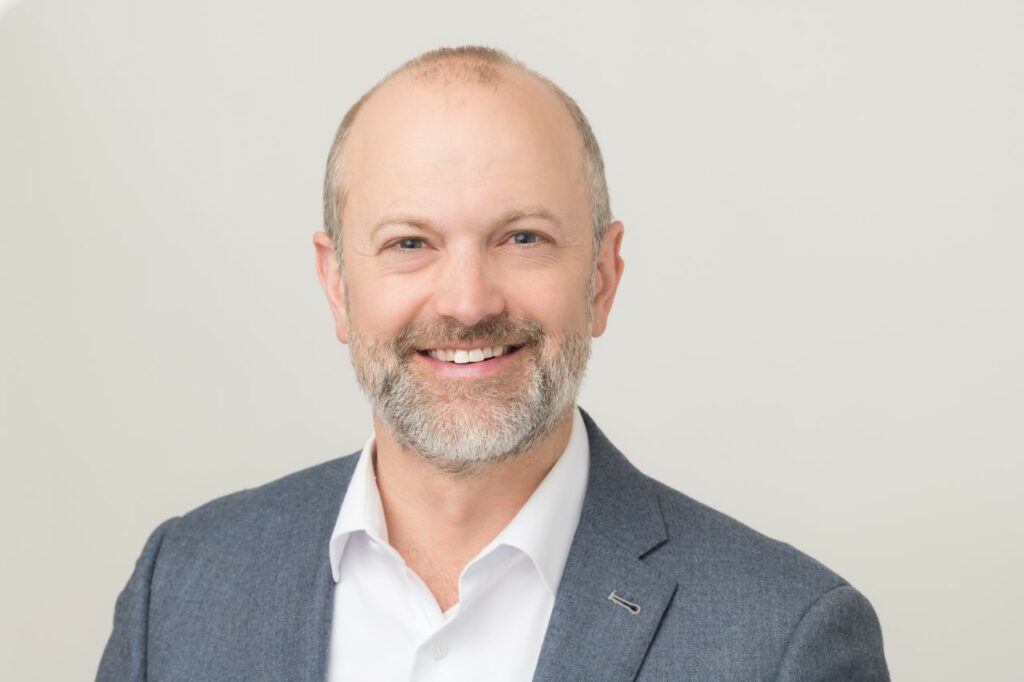By Ashley Goodfellow Craig, editor, YFile
In service of its new target to achieve net zero a decade sooner, York University is exploring a transformative decarbonization solution for the Glendon Campus, along with new research and education opportunities.
On Dec. 14, the University signed a memorandum of understanding (MOU) with Noventa Energy Partners Inc. to investigate implementing its revolutionary Wastewater Energy Transfer System (WET) at Glendon. The WET technology uses city-owned underground sanitary lines as a heat source, creating thermal energy from wastewater – from sources such as showers, dishwashers and hot tubs.
This cutting-edge technology could position Glendon as York’s first net-zero campus in advance of the University’s 2040 goal. A feasibility study for this project has been conducted, and the MOU signals the development of a detailed design report as a next step.

“To reduce the University’s emissions, the facilities department employs a framework to conserve and measure, decarbonize and innovate,” said Brad Parkes, associate vice-president of facilities services. “With sustainable infrastructure already in place to help us conserve and measure, Noventa’s solution enables the University to decarbonize and innovate, moving us closer towards our new target to achieve net zero a decade sooner. Transitioning Glendon to a low to no-carbon environment will lead the way for the rest of York’s campuses.”
This collaboration not only marks a significant leap in sustainable practices, but also brings substantial opportunities to the York University community.
The innovative approach is projected to not only eliminate scope 1 carbon emissions but also deliver substantial cost savings for the University. Noventa’s solution would create operating cost savings compared to the University’s current fossil fuel system, bring more than $2.5 million in savings compared to the prospect of system electrification – a common solution to reduce emissions – and retire $19 million in deferred maintenance on the Glendon campus over the life cycle of the project
The project is also a springboard for research and academic exploration. The collaboration with Noventa opens doors for a unique Living Lab model, offering unparalleled research and learning opportunities for faculty and students across various disciplines.
Faculty members from the Lassonde School of Engineering, the Faculty of Science, the Faculty of Health, the Faculty of Environmental & Urban Change and the biology program at Glendon could have opportunity to engage in related research and experiential education. For example, ongoing studies in wastewater heat recovery at Lassonde align with this ambitious project.

“Sustainability solutions are prime for research, as we’re moving toward technology that leverages what already exists to reduce emissions in a way that is efficient and cost effective,” said Mike Layton, York’s chief sustainability officer. “Water running through heat pipes is essentially wasted energy. This initiative gives us the opportunity to harness that energy for something tangible, while creating opportunities for our students, faculty and researchers to play an active role in expanding our collective understanding of circular energy.”
This groundbreaking initiative is an example of York University’s commitment to sustainability and to its leadership in driving tangible change. It was made possible by the diligent work of teams in the Department of Facilities Services, including Associate Vice-President Brad Parkes and Director of Utilities and Energy Management Steve Prince.
As the University continues to champion environmental responsibility, it positions itself, its faculty, staff and students as drivers of innovation.


